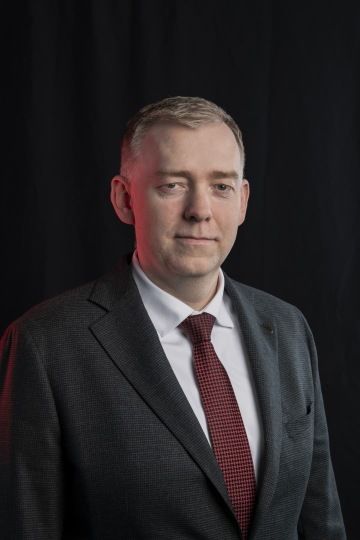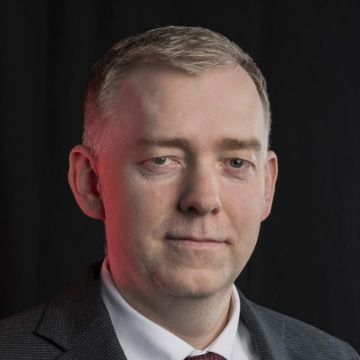Roman Kyral
owner and attorney
Roman Kyral specialises in legal advice for senior local government figures. He is an expert on the liability of members of local assemblies and the management of companies controlled by municipalities and regions. He was appointed equity partner of the firm in 2021.

“Law is more than a profession; it is a lifelong calling.“
Roman Kyral

Roman Kyral provides legal advice and services to clients in areas related to public procurement, tax law and real estate. He also focuses on corporate law and insolvency law.
He joined Portos in 2007 while studying at the Faculty of Law at Charles University in Prague, gradually rising through every position from paralegal to senior lawyer. In 2019, he became a non-equity partner of the firm and was promoted to equity partner in 2026.
Since 2021, he has also served as director of the affiliate insolvency practitioners Administrace insolvencí Císař, Češka, Smutný a spol.
Public investment under pressure from suppliers
We are living in a time of intensive public investment, with major projects planned or under way in transport infrastructure, especially motorways and railways, and initiatives focused on energy efficiency and sources.


Roman Kyral
topic lead
Recent legislative changes have clearly expedited the permitting process, and long-awaited projects are no longer so readily stalled in the planning stage. However, a new set of difficulties has emerged for contracting authorities and investors in major projects, especially in the transport sector.

Transit \ Train station for connections from Prague to the airport
Chief among them is how to navigate the complex process of selecting the most advantageous bid. With private investment in decline, many more suppliers have turned their attention to public procurement, and competition for the most significant contracts has become fierce. At first glance, this seems like good news for public budgets. The logic is simple: the more bidders, the better the deal for the contracting authority. And to a point, that holds true. However, as interest in public tenders has grown, so too has the difficulty of completing the procurement process successfully.
Recent experience shows that when suppliers are determined to contest a public contract at all costs, contracting authorities may fall victim to obstruction, nit-picking, and excessive adherence to the letter of the law in interpreting tender dossiers. In some cases, selecting a supplier can take years. In a sense, this reality sends a message to contracting authorities to be as moderate as possible in their requirements for bidders, since the fewer the conditions set in the tender, the less room there is for future disputes.
For those of us who work with contracting authorities, the task is often far from simple: to design selection procedures that not only makes it possible to choose the most experienced and capable supplier tendering the best bid, but also ensures that the tender process can actually be brought to completion.
Given that the obstruction of high-value projects – those worth tens of billions – can impact the national economy, it may be time to consider legislative reform. The goal would be to shift potential disputes between suppliers to the post-contract phase, so that the start of essential projects is no longer at risk of delay.
